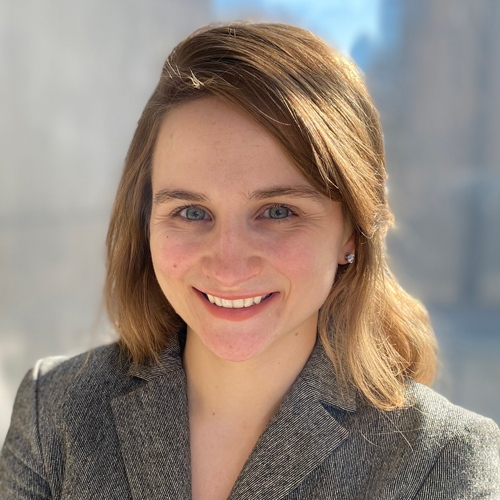
The Rorrer Lab leverages tunable heterogeneous catalytic systems to enable sustainable chemical transformations including the chemical upcycling of waste plastics, and catalytic upgrading of biomass- derived platform molecules. By developing targeted active catalytic sites to enable new chemical transformations and leveraging advanced characterization techniques, we aim to advance the field of renewable and sustainable chemical production, shifting away from fossil fuel consumption and mitigating the detrimental environmental effects of waste plastics. Read More

Stephen is interested in using single-cell transcriptomics to characterize synthetic biology systems. During his undergraduate years, he contributed to characterizing initiation factors in the non-canonical translation initiation process (RAN) linked to repeat-expansion disorders. Following graduation, he engaged in gene editing at 2seventy bio. He holds a B.S. in chemical engineering from the University of Michigan. Read More
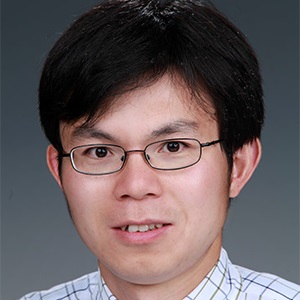
The main research interests in the Chen Group focus on understanding principles that govern behavior of sequence-defined peptoids with a particular emphasis on (1) self-assembly of peptoids into functional materials with hierarchical structures, such as biomimetic nanomembranes, crystalline nanotubes and biomimetic hydrogels, and (2) biomimetic control of inorganic crystallization, for example, peptoid-controlled formation of metal oxide and plasmonic nanoparticles and their self-assembly. The Chen Group also works on transferring the peptoid-based biomimetic materials into innovative applications that impact energy technologies and biological research, such as biomimetic catalysis, water separation, molecular sensing, biological imaging, and drug delivery. Read More
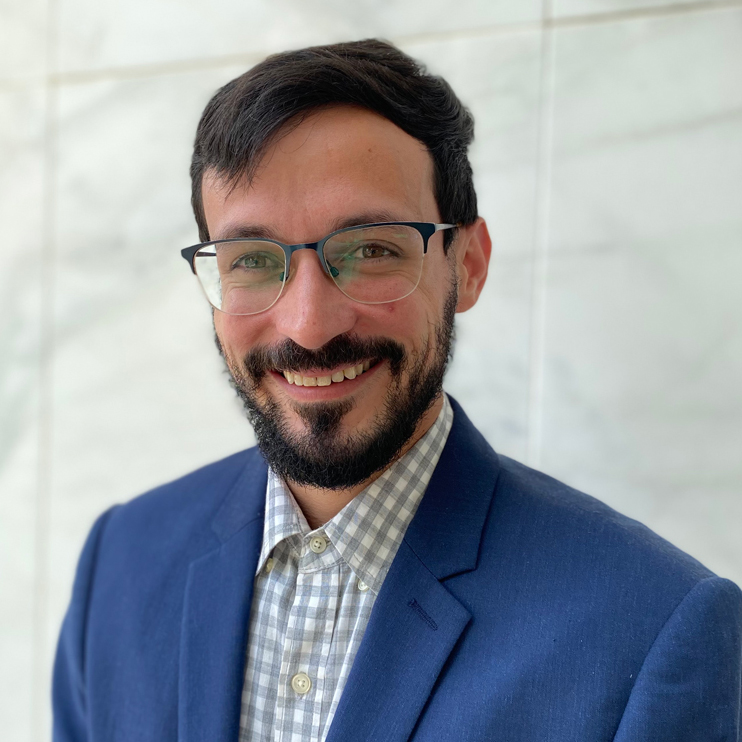
The Marchand Lab aims to utilize fundamental approaches in synthetic biology, chemical biology, biosynthesis, and biomolecular engineering for reprogramming life at the nucleic acid level. The goal is to extend the nucleotide building blocks available in living systems for biosynthesis, and to use newly expanded metabolism for producing nucleic acids with emergent, programmable function. Our group currently focuses on xenonucleic acids with nucleobases that basepair orthogonally to the canonical genetic code (i.e. ATGC+XYWZ). These xenonucleic acids are all synthetic in source. Read More
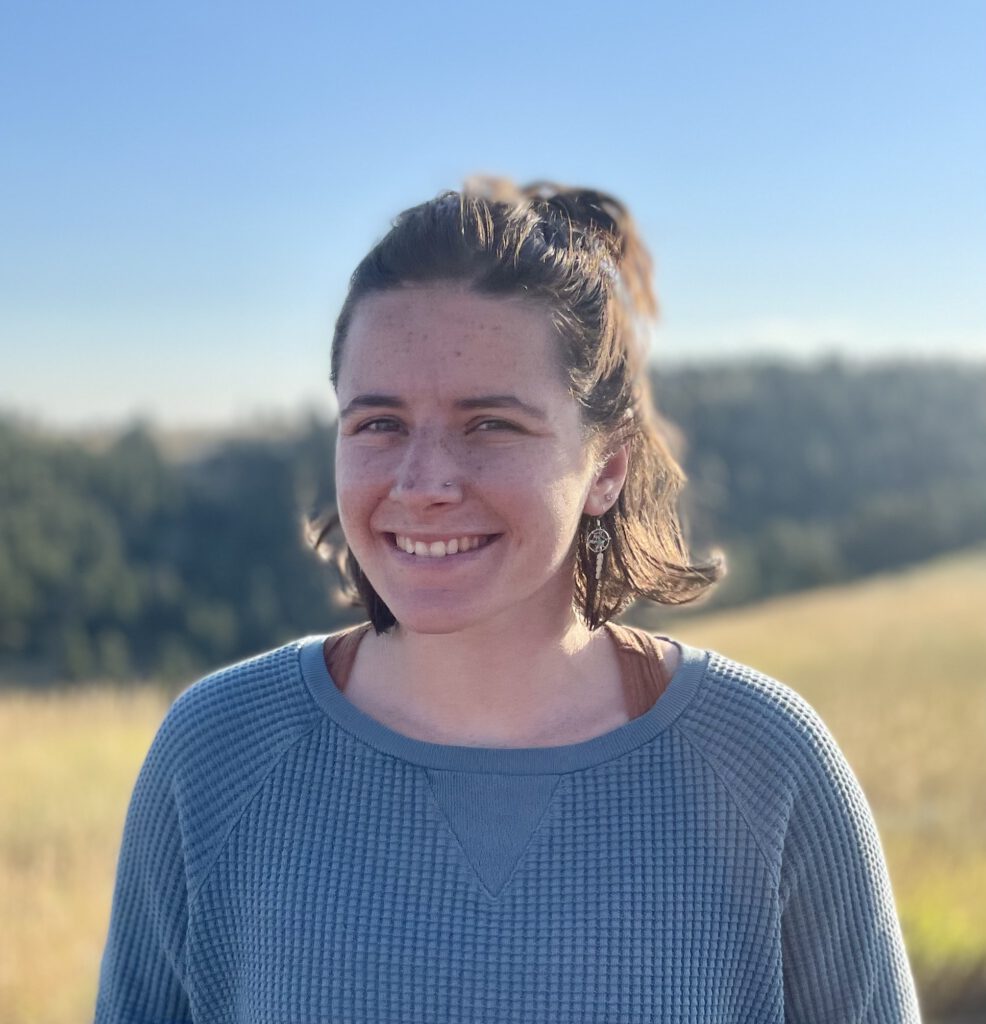
Jointly advised in the Carothers and Zalatan lab, Kira is developing tools for gene activation, inhibition, and base editing in bacteria. She is applying this work in metabolic engineering to rewire bacteria for bioproduction. She holds a B.S. in Bioinformatics from Wheaton College (MA) and previously worked as a computational biologist in cancer immunology at the Broad Institute. Read More

Abdul Moeez is working in the Pozzo Research Group and focuses on the development of high-throughput workflows for molecular engineering of materials by leveraging Small Angle X-Ray Scattering (SAXS). The research will enable structural optimization for different classes of materials including lipid nanoparticles, quantum dots, photovoltaic materials to achieve desired properties. Abdul Moeez is one of the Clean Energy Institute Fellows for 2023-2024. He is a Fulbright and Global UGRAD alumnus. He holds a MS in Materials Science and Engineering (MS&E) from University of Washington and BS in MS&E from the Institute of Space Technology, Pakistan Read More
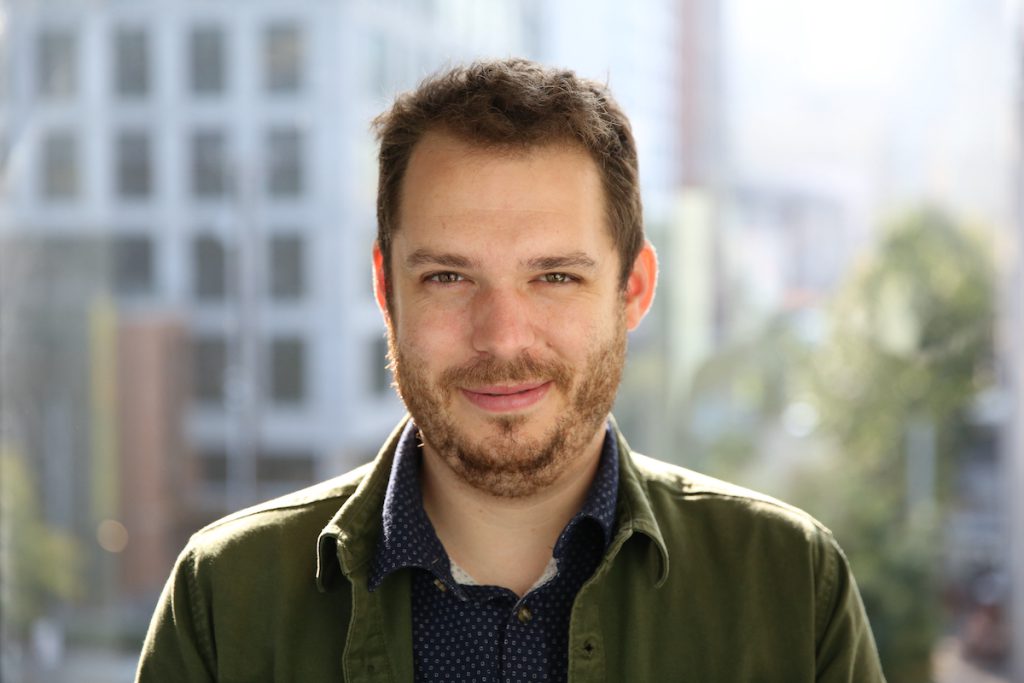
As a student in the Carothers lab, Brian is developing tools and uncovering design rules for metabolic engineering in non-model bacteria. Brian is interested in leveraging this research to help address ecological issues ranging from chemical production to water pollution. Brian holds a B.S. in Biochemistry and Ecology, Evolution, and Conservation Biology from North Carolina State University. Read More
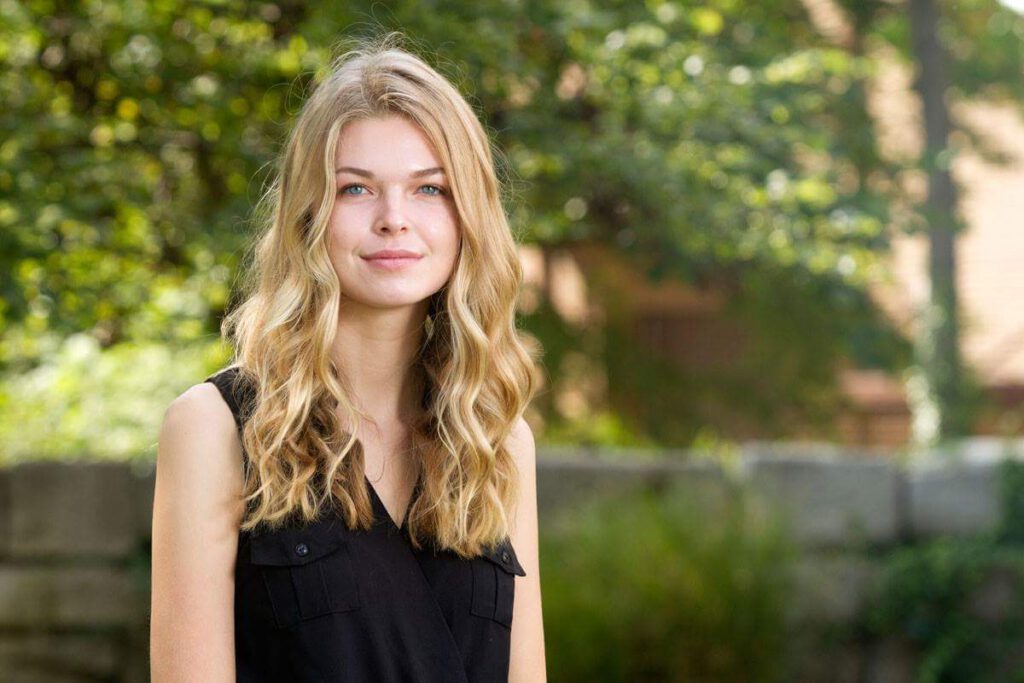
Maggie is a graduate student in James Carothers’ lab. She is working on the cell-free bioconversion of carbon dioxide to high-value chemical commodities. This research will help enable the bioproduction of metabolically burdensome compounds and establish a new paradigm for the use of sequestered carbon as a biofeedstock. Maggie is a recipient of the NSF Graduate Research Fellowship. She received a B.S.E. in Biomedical Engineering from Arizona State University. Read More
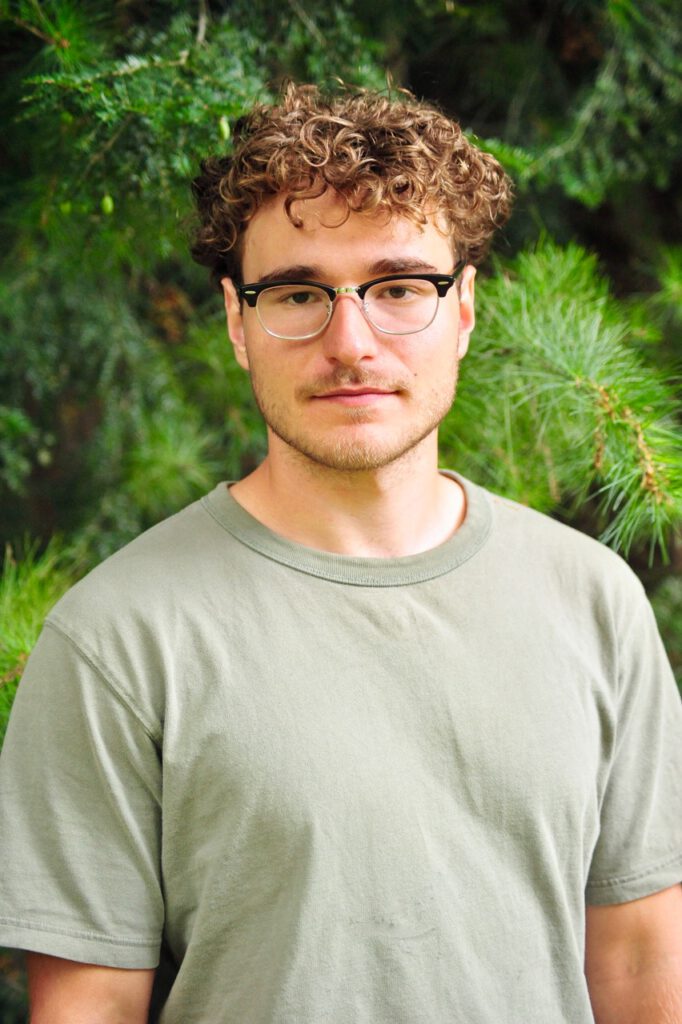
As a graduate student in the Pfaendtner Research Group, Marlo uses molecular dynamics simulations to investigate protein dynamics at interfaces. He works closely with experimentalists to characterize the structure-function relationships that dictate protein roles, and hopes to contribute to protein design methodology. Marlo holds a B.S. in Chemistry from the University of Vermont. Read More
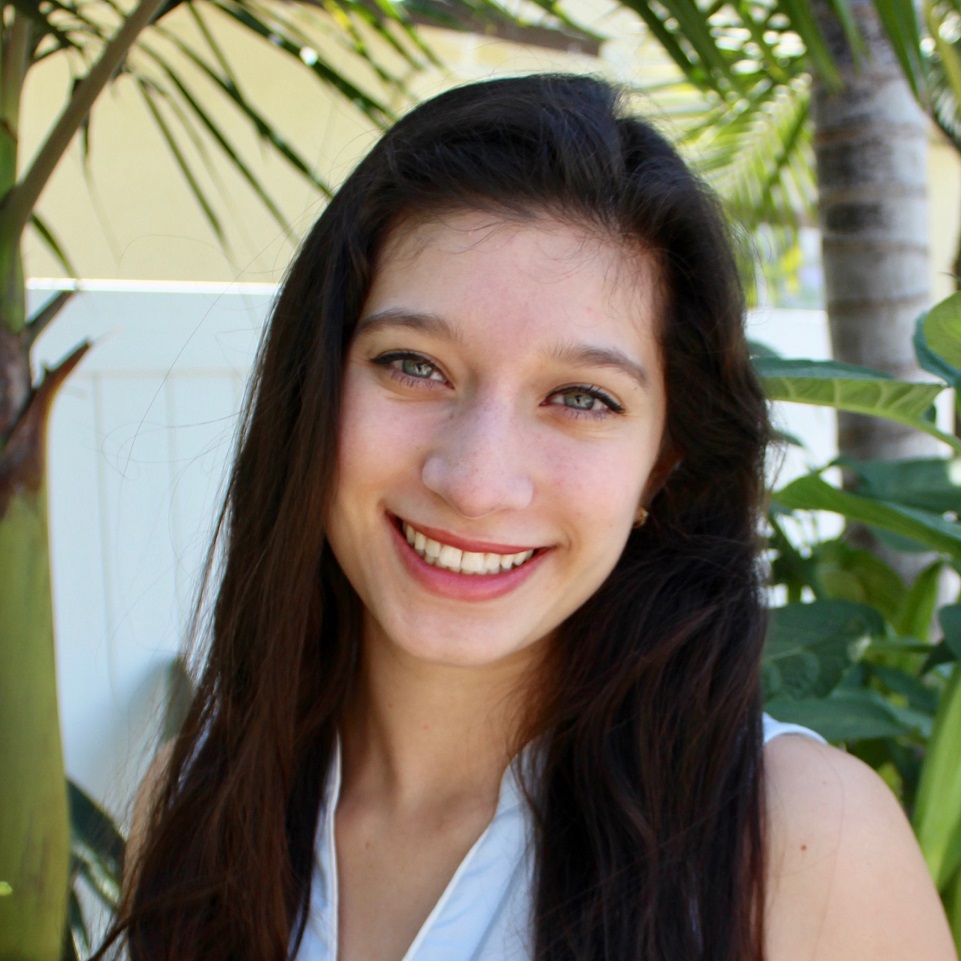
Gabrielle is a graduate student in Dr. Elizabeth Nance’s disease-directed engineering lab. She is interested in the sustainable applications of nanotechnology involving therapeutics and diagnostics for critical diseases. Her research focuses on the characterization and investigation of cellulose drug delivery systems to the brain. Her previous undergraduate work focused on porous silicon materials as an alternative imaging technique for human diagnosis and treatment of gastrointestinal stromal tumors. She received her B.S. in Chemistry at the University of California San Diego. Read More